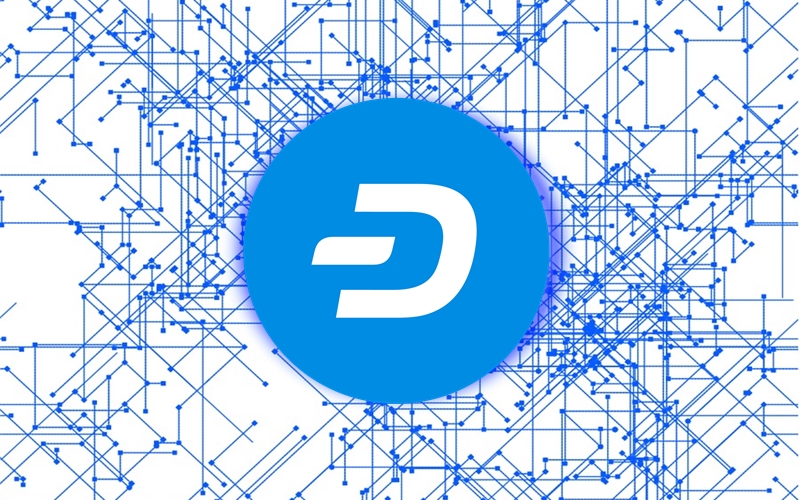What is Dash?
Unlike Bitcoin which is popular as a store of value of trading medium and Ethereum which is a popular ICO platform launcher, Dash aims to be an actual payment method.
Dash is a decentralized autonomous organization whose native coin has features such as privacy and speed which surpass that of Bitcoin.
Technology
Masternodes are computers which host a Dash wallet and vote to make decisions regarding the distribution of the funds for the Dash network. A qualified masternode is required to stake a sum of 1000 Dash, have an established IP address, and has to be operational for 24 hours a day in order to receive 2 Dash per week. Also, masternodes receive 45% of every block reward.
PrivateSend is a coin mixing mechanism which masks the identity of transactions for an additional fee. By mixing at least 3 transactions together, this makes the process of tracking the real transaction extremely difficult.
InstantSend is a software for Dash users which enhances the speed of transactions in exchange for a slightly higher fee.
The team
Evan Duffield, a former hedge fund analyst, developed Dash in 2014 aiming to create a decentralized autonomous organization. Duffield stepped down as the CEO in 2017 to serve as the organization’s strategic advisor.
The new CEO of Dash is Ryan Taylor, which assumed his position after leaving a multi-million dollar New York hedge fund.
Amanda B. Johnson is a Dash digital content producer and presenter who has a positive reputation in the wider altcoin community and has played a big role in Dash’s marketing division.
The pros
- Dash is a cryptocurrency that ensures users their financial and transactional privacy by using the PrivateSend option.
- Transactions are made faster with InstantSend, a technology which ensures this feature as well as confirms very fast i.e. in just under 4 seconds. This is a much better number when compared to other digital currencies that require a large amount of time to confirm transactions on their specific network.
- Rewards from block development are split between the miners, the masternodes, and a funding pool for Dash developments. These rewards are used to incentivize masternodes and to support Dash developments.
- Decentralization is accomplished through the democratic voting of the masternodes, allowing for quick decisions in regards to funding developments and other aspects which concern the community.
- Dash features transaction fees which are significantly lower when compared to credit cards or even banks. The fee for using personal money as well as for sending micro-payments all over the globe is actually quite minimal.
The cons
- There is controversy over members of the core development team setting aside for themselves 2 million of the total 18 million coins by fast mining them within the first 48 hours of its release.
- There are also speculations that believe a large amount of masternodes are owned and run by the core development team, which makes the community doubt the legitimacy of Dash’s decentralized nature.
- Regarding Dash’s privacy features, some developers claim that its mixing process is nothing more than a coin tumble which in theory can still be traced if someone controlled the masternodes that the transaction passes through.
- In spite of all its marketing campaigns and partnerships that make it seem widely-used, Dash still lacks a significant number of users or merchants.
Verdict
While Dash does have some interesting features such as privacy, speed, and decentralization, and it currently has a rank of 12nd on CoinMarketCap, trading at $171.60, there are still some aspects that should be improved.
